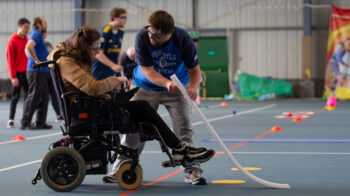
DISABILITY, LONG-TERM HEALTH CONDITIONS AND LIFE-LIMITING ILLNESSES
In Jersey, 59% of people with a disability are inactive compared to 42% of people without a disability.
Inclusion in sport and physical activity means everyone should have the opportunity to access the same facilities, take part in the same activities, and enjoy the same experiences, relative and reasonable to a person’s needs. Inclusion can also be defined as a person’s universal human right to the same access and choices as everyone else, with everyone being made to feel that they belong and are valued, so they can all develop equally.
These rights are reflected in The Discrimination (Jersey) Law 2013, which was updated in 2014 and 2018 to protect islanders based on race, sex, pregnancy and maternity, sexual orientation, gender reassignment, age and disability. This law prohibits discrimination in relation to workplace and non-workplace settings, including education and members’ clubs, of which local sport and physical activity offers often fall under.
Inclusion is more than just the participant; it also provides multiple benefits for sport organisations and the people within it, such as:
The apprehension some sports organisations feel can be exacerbated by a long-standing misconception around the meaning of the word ‘inclusion’, and the language and terminology that accompanies this idea. A lack of confidence in providing safe spaces that are inclusive to more islanders is often related by uncertainty around how to adapt and modify sport environments appropriately.

In Jersey, 59% of people with a disability are inactive compared to 42% of people without a disability.
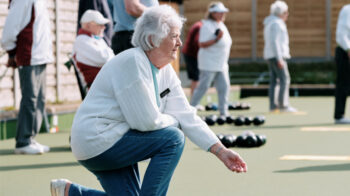
Local data tells us that islanders are significantly less likely to play sport or be active if they are aged 65+.
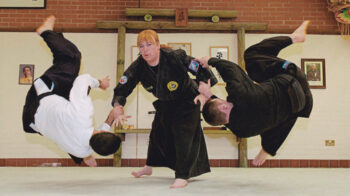
More needs to be done to encourage more of the LGBTQ+ community to take part and stay involved in sport and physical activity.
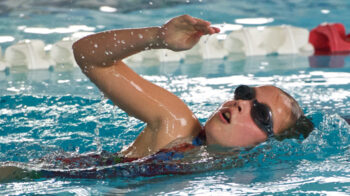
Adults living in social housing are 50% less likely to play sport and 19% less likely to be active than those who own their own home.
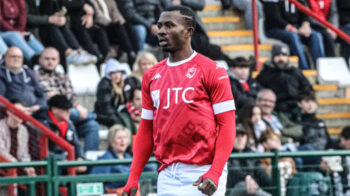
Data shows that physical activity levels differ hugely between ethnic backgrounds in Jersey.

In a 2024 report, 61% of mothers cited motherhood as the primary reason they dropped out of doing regular exercise or sport altogether.
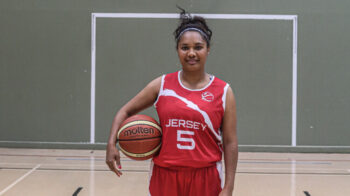
Data shows some faith groups are more physically active than others; such as Buddhist, Christian, Jewish and Sikh.

There is a significant drop-out rate in sport and physical activity as children transition through puberty as teenagers.
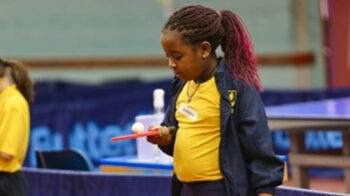
There is now just a 3% difference between boys’ and girls’ participation in physical activity, and similar trends in adult organised sport.
Data tells us there are significant inequalities that exist in Jersey for islanders to access sport and physical activity, particularly regarding gender, income, disability, nationality and ethnicity. Local and international data detailing trends and stats can be found online:
A great way for sport organisation’s to evidence their support and commitment to inclusive sport and physical activity environments is through policy and action. Information, templates and guidance for your sport organisation can be found on our Resource Bank:
If you’re unsure where to start with inclusion for your sport, get in touch with the Jersey Sport Team for support at: sport@jerseysport.je, and take a look at these other local organisations and useful websites to find out more: